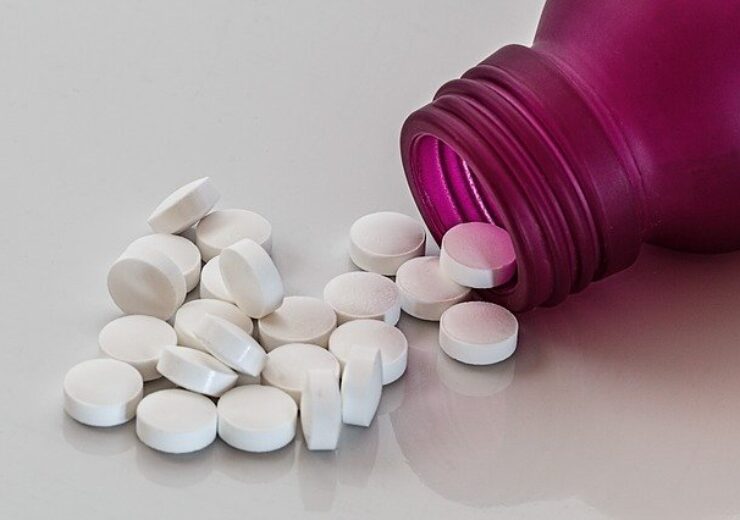Biktarvy is a once-daily dosing complete HIV-1 treatment comprising three medicines, with a limited drug interaction potential and a high barrier to resistance

FDA expands indication for Gilead’s HIV drug. (Credit: Steve Buissinne from Pixabay.)
Gilead Sciences has secured the expanded US Food and Drug Administration (FDA) approval for a low-dose formulation of its Biktarvy to treat children with HIV.
The US FDA approved the company’s supplemental New Drug Application (sNDA) for Biktarvy (bictegravir 30 mg/emtricitabine 120 mg/tenofovir alafenamide 15 mg tablets).
Biktarvy was originally approved in February 2018, as a triple combination regimen for the treatment of HIV-1 infection in adults and children.
The current FDA approval expands its indication to include paediatric HIV patients weighing 14kg to 25kg, who are virologically suppressed or new to antiretroviral therapy.
Biktarvy is a once-daily dosing complete HIV-1 treatment comprising three medicines, with a limited drug interaction potential and a high barrier to resistance.
According to Gilead, it is the smallest three-drug, integrase strand transfer inhibitor (INSTI)-based single-tablet regimen (STR) available.
Gilead Sciences chief medical officer Merdad Parsey said: “Children living with HIV are in need of effective and accessible formulations of antiretroviral therapy.
“To address this unmet need, innovations in paediatric formulations must strive towards expanding treatment options for children.
“The sNDA approval is an important step in fulfilling Gilead’s commitment to a goal of bringing paediatric formulations of Biktarvy to children living with HIV around the world.”
According to the company, Biktarvy delivers a single-tablet antiretroviral regimen for children weighing at least 14kg, with the potential to save many lives.
The expanded FDA approval of low-dose Biktarvy is based on data from Cohort 3 of a Phase 2/3 open-label, single-arm study.
In the study, the treatment using low-dose Biktarvy tablets showed the effectiveness and was generally well-tolerated in virologically suppressed children with HIV-1.
The Cohort 3 enrolled 22 participants, who were treated using Biktarvy for 48 weeks, and were continued to receive the drug through an extension phase, said the company.
The most common adverse reactions observed in the clinical study include diarrhoea, nausea, and headache, through week 144.
Furthermore, Biktarvy comes with a Boxed Warning for post-treatment acute exacerbation of hepatitis B and is warned of coadministration with dofetilide or rifampin.
In June this year, Gilead received the expanded US FDA approval of Epclusa (sofosbuvir/velpatasvir) to include children with chronic hepatitis C (HCV).
